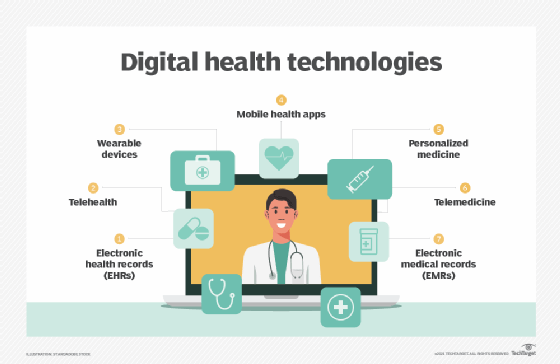A Comprehensive Medical Needs of the 21st Century Overview The 21st century has witnessed remarkable advancements in medical wisdom and technology, transubstantiating the healthcare geography and perfecting patient issues. still, with these advancements come new challenges and evolving medical requirements that bear careful attention. In this composition, we will claw into the crucial medical requirements of the 21st century, exploring the rising trends, advanced technologies, and innovative approaches that are shaping the future of healthcare.
Aging Population and Chronic Conditions
One of the most burning medical requirements of the 21st century is the fleetly growing population. The increase in life expectations has led to an advanced frequency of habitual conditions similar to cardiovascular conditions, diabetes, and neurodegenerative diseases. Healthcare systems must acclimatize to address the specific requirements of aged grown-ups, including comprehensive senior care, preventative interventions, and technical treatment options.
Precision Medicine
Precision drug is a paradigm shift in healthcare that aims to customize medical treatments grounded on an existent’s inheritable makeup, life, and environmental factors. This approach allows for more accurate judgments, substantiated treatment plans, and bettered patient issues. The integration of genomic data, advanced diagnostics, and targeted curatives is revolutionizing the operation of colorful conditions, including cancer, rare inheritable diseases, and contagious conditions.
Digital Health and Telemedicine

The arrival of digital health technologies has converted the way healthcare is delivered, enabling remote case monitoring, teleconsultations, and tone-operation tools. Telemedicine has become an essential element of healthcare, particularly in pastoral and underserved areas, perfecting access to medical moxie and reducing healthcare costs. The integration of artificial intelligence( AI) and machine literacy algorithms in digital health platforms has enhanced individual delicacy and substantiated care.
Mental Health and Well-being
The 21st century has witnessed a significant increase in internal health diseases, including anxiety, depression, and substance abuse. Feting the significance of internal health, healthcare systems are seeking to give comprehensive internal health services, including early intervention, comfort, and access to psychiatric care. Telepsychiatry and digital internal health operations are extending the reach of internal health services to remote areas and perfecting internal health issues.
Healthcare difference
Reducing healthcare differences and icing indifferent access to healthcare services is a critical medical need in the 21st century. Socioeconomic factors, geographical walls, and systemic impulses contribute to unstable healthcare issues. sweats are being made to fill these gaps through community-grounded healthcare enterprises, mobile conventions, and targeted interventions in underserved populations. also, policymakers are fastening to enforce programs that address social determinants of health and promote health equity.
Contagious complaint Preparedness
The emergence of new contagious conditions, similar to the COVID-19 epidemic, has stressed the need for robust contagious complaint preparedness and rapid-fire response systems. Strengthening public health structure, surveillance capabilities, and effective vaccination juggernauts are pivotal in mollifying the impact of contagious conditions. cooperative exploration, transnational cooperation, and investment in vaccine development and product capacity are essential to help unborn afflictions.
![]()
Artificial Intelligence and Big Data
Artificial intelligence and big data analytics have the eventuality to revise healthcare by enabling data-driven decision- timber, prophetic modeling, and substantiated drugs. AI algorithms can dissect vast quantities of medical data to identify patterns, prognosticate complaint progression, and give individualized treatment recommendations. still, the ethical counteraccusations, data sequestration enterprises, and bias in algorithms need to be addressed to ensure the responsible and indifferent use of AI in healthcare.
Preventive Medicine and Lifestyle Interventions
The shift towards preventative drug and life interventions is gaining instigation in the 21st century. Promoting healthy actions, similar to regular physical exertion, balanced nutrition, and smoking conclusion, can significantly reduce the burden of habitual conditions. Public health juggernauts, policy changes, and community-grounded interventions are essential in fostering a culture of forestallment and empowering individuals to make informed choices about their health.
Conclusion
The medical requirements of the 21st century are complex and multifaceted, taking a holistic approach that combines scientific advancements, technological inventions, and social determinants of health. Addressing the challenges posed by a growing population, perfect drugs, digital health, internal health, healthcare differences, contagious conditions, artificial intelligence, and preventative drugs is pivotal in shaping a sustainable and patient-centered healthcare system. By embracing these advancements and fastening on collaboration, exploration, and policy reform, we can ensure that the medical requirements of the future are met, and healthcare becomes more accessible, effective, and indifferent for all.




